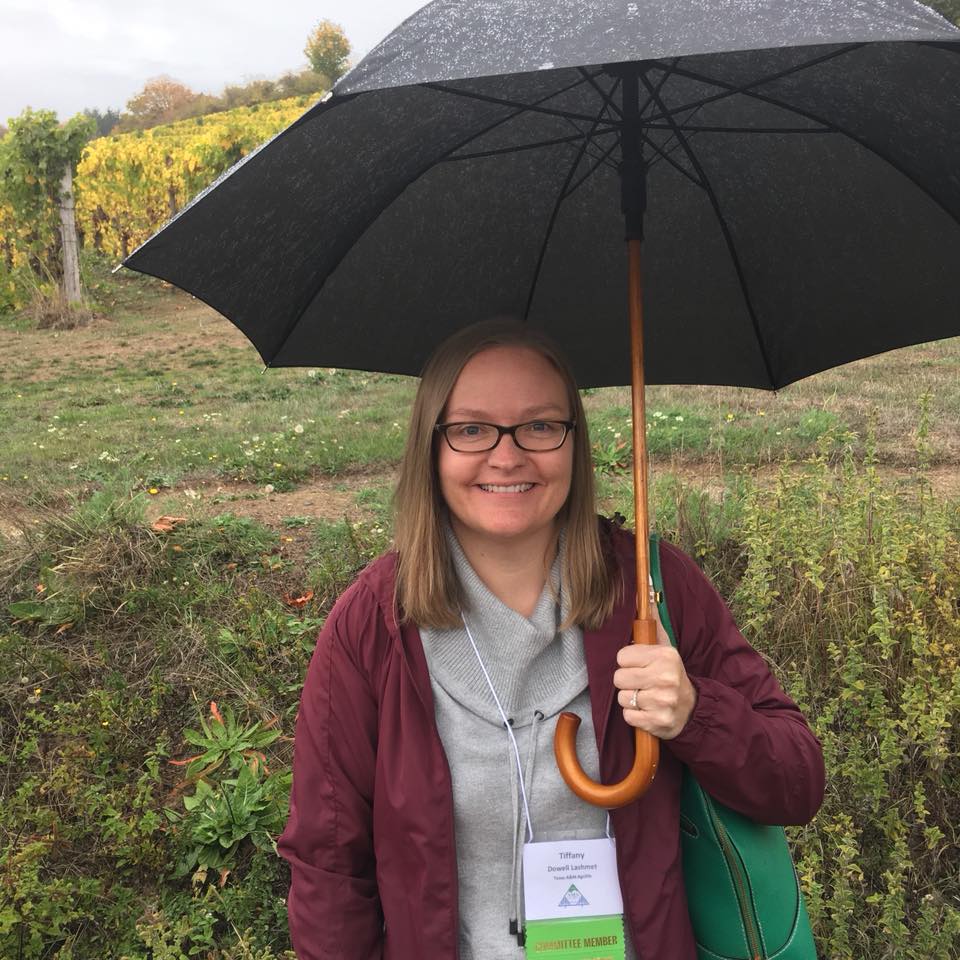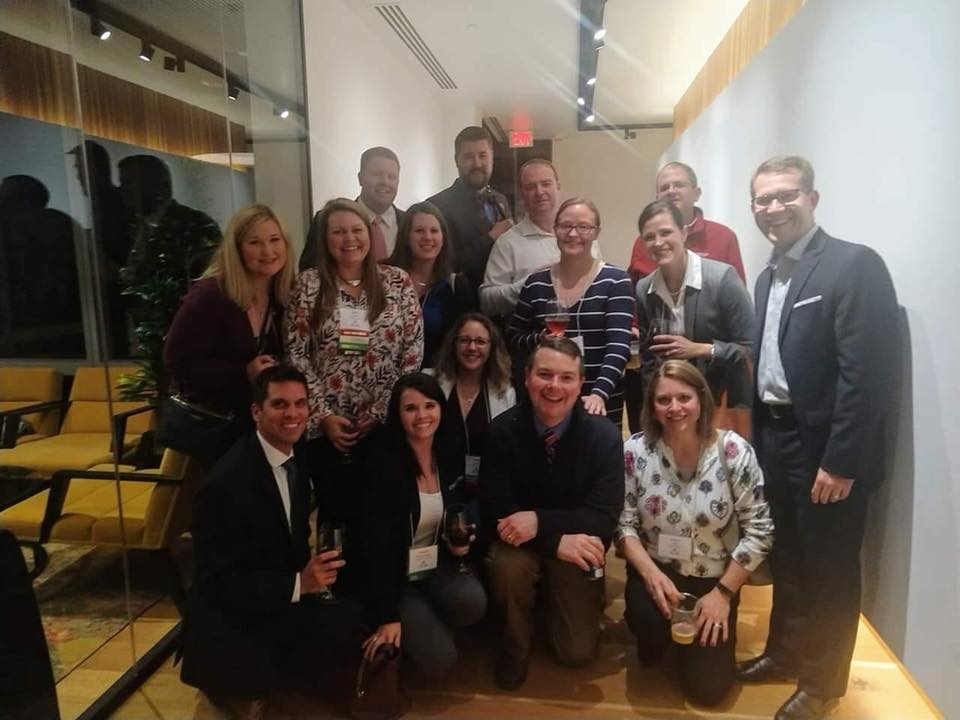Last week, I traveled to Portland, Oregon for the 39th Annual American Agricultural Law Association Conference.

It was my first time in Oregon, and Portland was an absolutely beautiful city. Being from the Panhandle, I was really taken with all of the beautiful trees and enjoyed several morning runs along the Columbia River.
This conference brings together over 300 agricultural lawyers from all over the United States. A good number of us traveled from Texas, including our 2019 AALA President, Amber Miller, from Lubbock. I’m proud to serve as a Director on the AALA Board.
There were a number of excellent sessions and discussions at the conference. You can click here to see the full agenda.
I thought I would review a few of the common themes and key concepts that repeatedly came up and might be of interest.
(1) Attacks on production agriculture are prevalent and agricultural operations should be aware of this fact. I had never really sat down and thought about the number of legal challenges facing production agriculture. From nuisance litigation against Smithfield hog farms in North Carolina, to the Clean Water Act indirect discharge through groundwater question, to cases where environmental groups have sought to challenge confined animal feeding operations, the agricultural industry if facing battles on many fronts. One speaker referred to it as “legislation through litigation,” indicating that for many groups opposed to agriculture, it is the courtroom, rather than the legislature where challenges are being more frequently mounted.
(2) Consumers have, in many ways, become the new regulators. This issue came up in a number of sessions, but I found a breakout titled “How Consumer Trends are Driving Changes on Livestock Farms” put on by Todd Janzen and Brianna Schroeder really did a great job outlining this issue. They walked through many different animal-ag industries including dairies, poultry, pork, and beef to discuss changes that have been made to production practices due to consumer concerns. One example was that after many restaurants and grocery stores signed “gestation stall-free” pledges, many pork operations were forced by this to make significant changes to their production practices. Another example, which we have previously discussed on this blog, is the California law requiring that all eggs sold in those states be raised in farms with certain cage size requirements. This decision–passed by California voters–has the potential to impact egg producers nationwide. You may recall from this prior post that a lawsuit against this law is currently pending. In many instances, changes to the agricultural industry are being required not by legislation or regulation, but by consumer preferences.
(3) Trade issues are huge for many (if not all) of us involved in the agricultural industry. Many speakers discussed the issue of international trade and its importance to the agriculture industry. Politico ag reporter, Helena Bottemiller Evich, did a great presentation titled “Food and Ag Policy in the Trump Era” and, not surprisingly, the issue of trade with countries like China, Mexico, and Japan were addressed. An international trade panel featured a number of speakers from various industries, including pork, cotton, and dairy. Of course, each speaker addressed the importance of international trade to their specific industry.
(4) The purchase of agricultural land can be more complicated than one might think. A couple of breakout sessions looked at legal issues that can come up surrounding the purchase of agricultural land. “Environmental Due Diligence in Farmland Transactions” and “Farmland Deals: Title and Survey Diligence” both were quite eye-opening about some of the legal issues that can arise. From determining water rights to issues with survey discrepancies, these sessions were really enlightening and offered some very practical information.
(5) There are a number of legal issues surrounding cell-cultured “meat” products. From exactly what we should call them to which government agency should regulate them, there are a number of interesting legal issues floating around with regard to cell cultured (or sometimes called lab-grown) “meat.” Should these products be allowed to be labeled as “meat?” If they are “meat,” that is regulated by the USDA. Cell-based products are generally regulated by FDA. Some have called for joint-regulation. It will be interesting to see how this plays out.
(6) There are some really great agricultural attorneys out there. I cannot express how grateful I am for the AALA and the friendships I have made there. These folks are wonderful lawyers and even better people. It’s easy to complain or poke fun at attorneys, but I’m here to tell you, the folks that attended this conference in Portland are the ones you want on your side in the trenches for sure.

For you attorneys out there, this is a great opportunity to learn, network, and earn your yearly CLE credits. Our next conference will be November 7-9 in Arlington, Virginia. For more information on our organization, click here or feel free to contact me.











